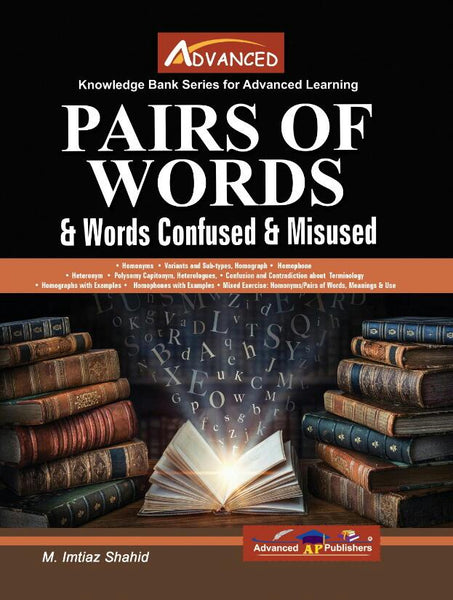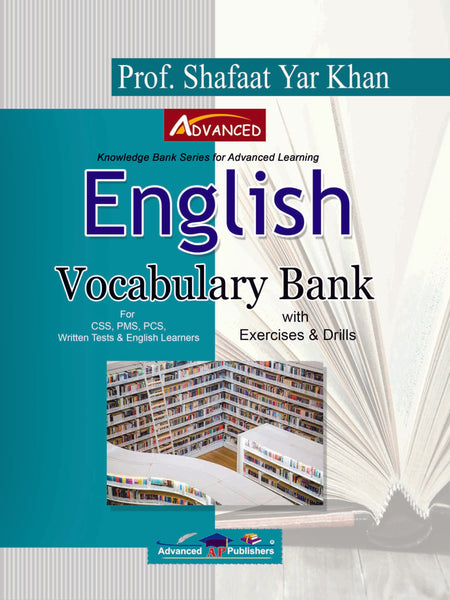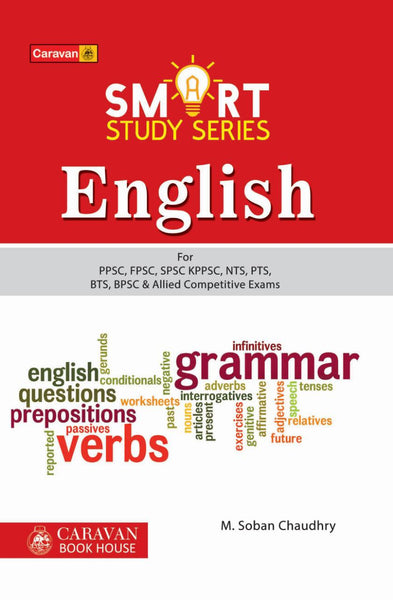The Critic by T.S. Eliot – Kitab Mahal
- Publisher: Kitab Mahal (Pvt) Ltd , KM
- Availability: In Stock
- SKU: 20522
Rs.275.00
Rs.345.00
Tags: art of criticism , BS , creative destruction in criticism , creative process , critical responsibility , critical studies , criticism as an art , critique methodology , cultural context in criticism. , dispassionate critique , Eliot essays , Eliot's theories , English , English fiction , historical knowledge in criticism , impersonal approach , impersonal criticism , Kitab Mahal , Kitab Mahal (Pvt) Ltd , KM , literary craft , literary creation , literary judgment , literary tradition , literature interpretation , objective criticism , philosophy of criticism , responsibility of critics , role of the critic , subjective bias , T.S. Eliot , Text , The Critic , Urdu Tarjama , With Urdu Translation
T.S. Eliot's The Critic is a significant essay where the poet and playwright explores the role and importance of the critic in literature. In this work, Eliot presents a detailed analysis of the responsibilities of the literary critic, advocating for an objective, disciplined approach to critique. He emphasizes that a critic should not be a mere consumer of literature but rather a vital intermediary who interprets and helps contextualize the works of the writer for society. Eliot also examines the nature of criticism, comparing it to both creation and destruction in literature.
Key Points
-
The Role of the Critic
Eliot argues that the critic must approach literature with a profound sense of responsibility. They are not just to interpret works but to engage deeply with the text, drawing connections between the author's intentions and the social or cultural context. -
Criticism as an Art Form
According to Eliot, criticism itself is an art that requires skill, technique, and sensitivity. A good critic should be aware of their own biases and employ a dispassionate approach to their analysis. -
The Relationship Between Criticism and Creativity
Eliot asserts that criticism is both a creative and destructive process. Critics must, in some ways, 'create' a work’s meaning through analysis, but they must also be cautious not to "destroy" the original essence of the work through over-interpretation or subjective bias. -
Impersonal Criticism
Eliot advocates for "impersonal" criticism, where the critic does not allow personal emotions or opinions to interfere with the analysis of the work. This stance is aligned with Eliot’s broader philosophy of literature and art. -
The Importance of Historical Knowledge
Eliot stresses that critics must have a sound understanding of literary history and tradition. Without this knowledge, a critic cannot effectively evaluate a work or place it within the broader literary tradition.
════ ⋆★⋆ ═══
Writer ✤ T.S. Eliot
Publishers ✤ Kitab Mahal (Pvt) Ltd , KM



























 English
English اردو
اردو